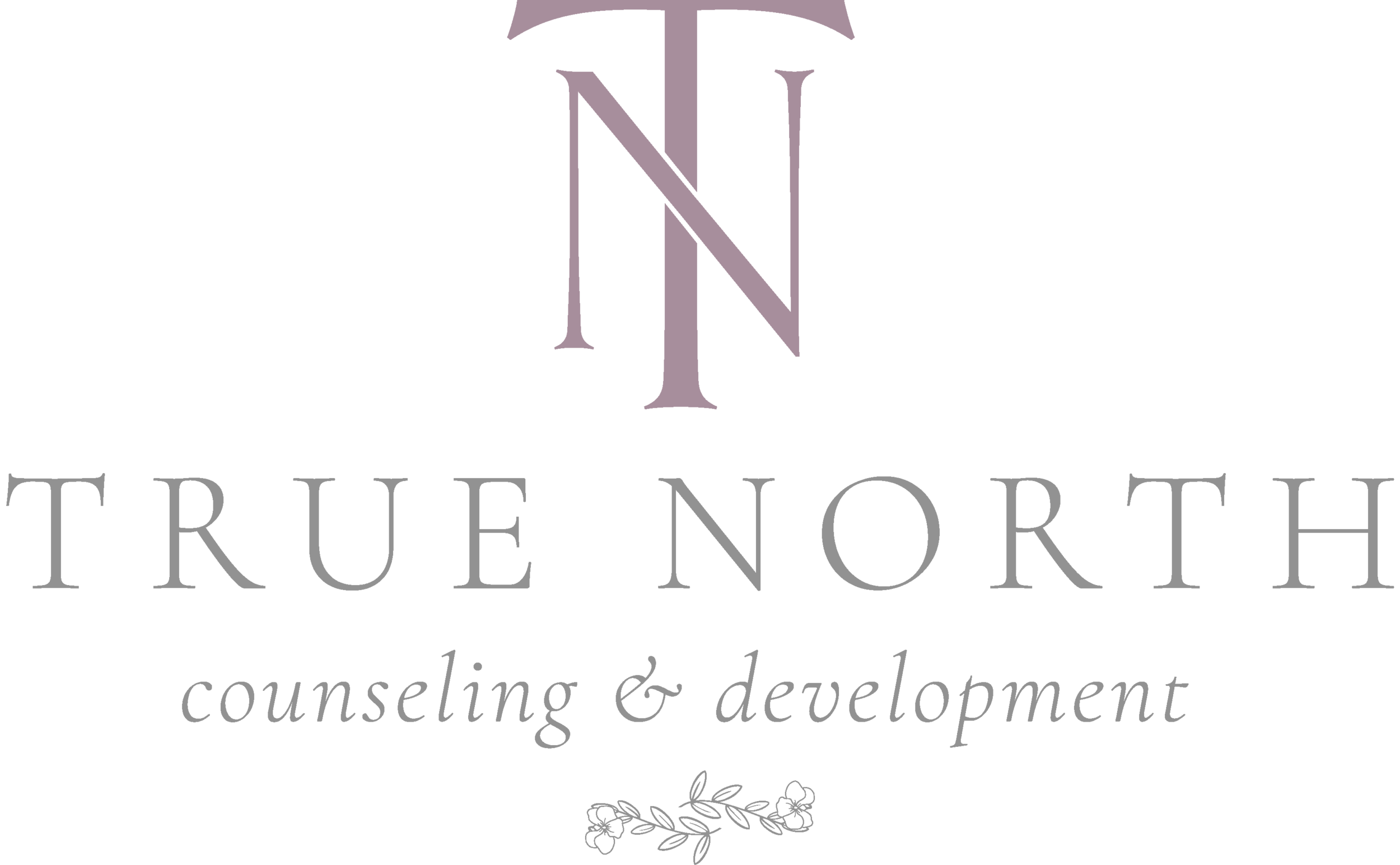How to Know if You Need Grief Counseling
Grief is the sorrow or sadness we feel when we experience a loss. Mourning is the process by which we adapt to the loss. While grief is usually a normal reaction and response, our mourning process is influenced by our family and cultural beliefs and traditions.
The current American tradition tends to deny death and grief, leaving us with diminished ways to adapt to our loss. Of course, there are many subcultures in America, each with its own set of beliefs and traditions. Within each of these subcultures, throughout America, each family has its own set of beliefs and traditions. I wrote about my Kansas heritage in How I Learned to Grieve on this website.
In this entry, I will talk in general terms about how grief typically feels across cultures and family traditions. Some of these may fit for you and some may not. I hope it will help you to see that feelings that may seem unnatural or crazy are normal.
You’re Not Going Crazy
At first, grief can feel a little crazy. We feel like we are on an emotional roller coaster.
Grief disturbs our thinking, focus, concentration, and memory.
Grief comes in waves and out of nowhere; it is the great ambusher.
It can make otherwise pleasant people irritable and grumpy and more sensitive to everything.
Grief can affect our spiritual life as well.
Grief often evokes existential questions.
In the long run, grief can lead to a heightened appreciation of life and deeper personal growth.
How to Cope with Grief
Face your feelings.
Acknowledge all of them—
they’re all okay.
Allow expression of them
In tangible and creative ways.
Take care of yourself.
Physically
Emotionally
Mentally
Spiritually
There’s no one right way to grieve.
But there are some harmful ways/please see below.
Don’t let anyone tell you how to feel.
Don’t rush it by thinking you should be over it.
Plan ahead for grief triggers.
Anniversaries, holidays, places.
Here are some harmful ways to grieve.
Almost all these ways are used to deny the reality of the loss or block the pain.
Drinking too much.
Using drugs.
Working too much.
Not going to work.
Sleeping all the time.
Not going to bed.
Isolating from others.
Not being alone at all.
Creating conflict and discord.
Working out, exercising to an extreme.
How to know if you need help:
If you have no one to talk to.
If people are telling you to move on.
If you are drinking to cope with feelings.
If you are afraid you can’t manage your job or household tasks.
If it’s been a few months and you still feel as intensely sad as you did at first.
If your relationships are suffering.
If you have a sense something is not right.
How we can help:
We can listen to your story, to your pain.
We can help you assess if your grief is becoming depression.
We can teach you some coping skills.
We can educate you about the process.
We can help you tell people what you need in your time of grief.
We can help you understand your feelings.
We can help you use this transitional time in your life for growth.
You might feel this is a good time in your life to seek counseling even though you don’t “need” it. Times of life transition can be good times to focus on your personal growth, to get support for a deeper exploration of your current choices and your future goals.
If you are interested in learning more about grief, please read the other blog posts in this series about grieving.
If you are ready to discuss how therapy might help you, please call us at 859.740.7374.

